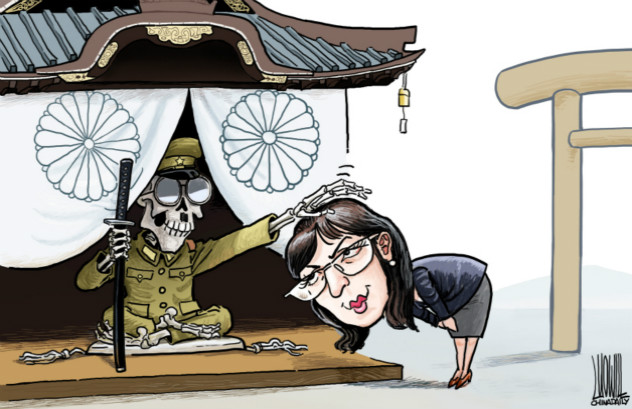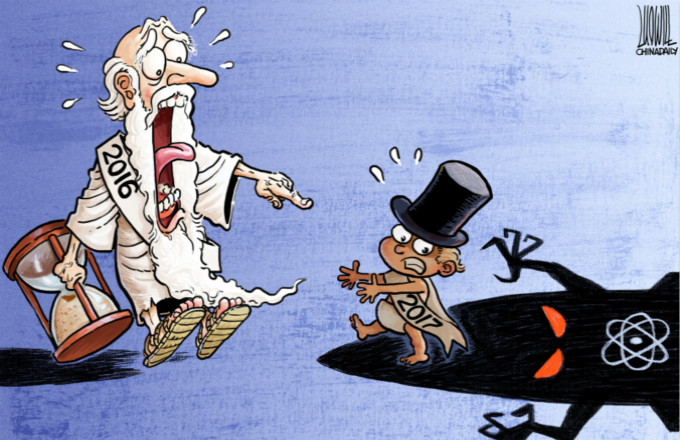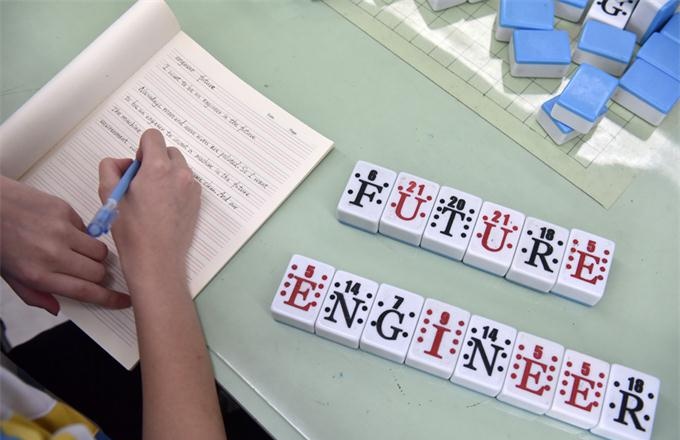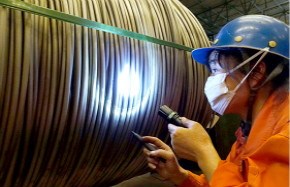Courts' duty to fairly interpret the law
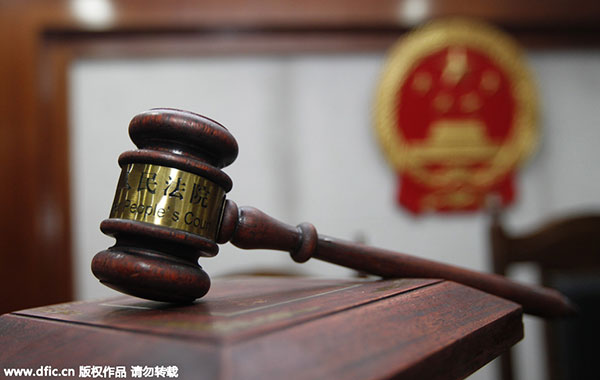 |
|
A gavel in a court. [Photo/IC] |
Zhao Chunhua, a woman in North China's Tianjin municipality, was sentenced to three and a half years in prison by the local people's court because she ran a stall where people could pay to shoot balloons with toy guns. In another case, Wang Lijun, a farmer from the Inner Mongolia autonomous region, was found guilty of illegal trading, because he purchased corn from local farmers and resold them to companies. Beijing News comments:
In both cases, the defendants are ordinary residents who live at the bottom of the society, and all they want to do is make some money. According to reports, they even do not know that their businesses are considered illegal, let alone deliberately committing a crime.
It is fair to say they pose little danger to society.
And there are debates about the legal standards according to which their businesses are considered illegal. Zhao's toy guns are considered to be real guns by the law because the energy density of the bullets is higher than 1.8 joules per square centimeter, but the standard is so low that it hardly does any harm. In fact, the energy density of spitting exceeds it.
In Wang's case, the law acts to defend the grain monopoly of local State-run companies, but the latter are often bureaucratic and bring inconvenience to farmers.
In such cases, the courts need to be more cautious, because sending such people to prison could undermine trust in the fairness of the law. The rule of law does not mean just dutifully following the law to the letter; it means to follow the spirit of law and defend justice.




